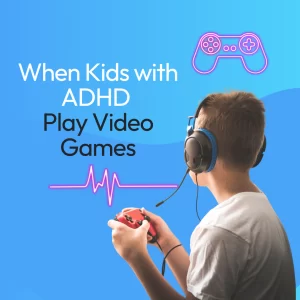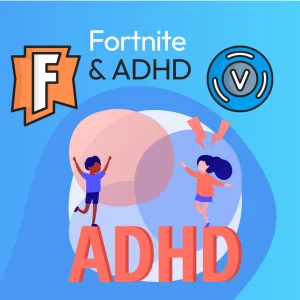The thought arrived in your mind: ‘I think I might be a bully’. It could have come from anywhere: thinking about the way that you interact with your friends, maybe you read a blog post or watched a YouTube video about bullying and thought that some of your behaviors matched what you were reading or seeing, maybe someone at school, or in your circle of friends, came right out and said “you are a bully.” However, you came to be aware that some of your behaviors may be bullying, you are now looking for a way to set things straight.
We know that the definition of bullying is intentionally hurtful behaviors that are repeated over time and directed at a person of lesser power. The part of that equation that may be tough to identify is intentionally hurtful. You might be thinking to yourself: ‘maybe my actions arehurtful, but I would never do anything to hurt someone on purpose.’ You might be thinking to yourself: ‘but I don’t look like the bullies that I see on TV,’ ‘the bullies that I see on TV do not have any friends.’ Or even: ‘my friends know that I am just joking,’ ‘the things that I am doing actually get a laugh out of people, so how can they be bullying?’ Let’s think about some of the ways that we can assess our relationships with others to better determine if those relationships are happy and healthy ones, or if they need a re-evaluation.
Am I a bully?
Some signs that my behavior might be bullying
- Think about the nature of your friend group. Consider each person in that group and their specific contribution to the group. If you think that certain people are really only invited to hang around because they are the butt of everyone’s joke, this person may be the target of this groups bullying. If this is you and your friends, challenge the status quo next time someone decides that fun is going to be had at the expense of one of your “friends.”
- Think about the topics that you and your friends talk about. If the majority of your conversations are talking about others, spreading rumors, gossip, or laughing at/about other people you might be participating in social/relational bullying. If this is you and your friends, next time the conversation starts to veer toward gossip, just remember the quote from the First Lady Eleanor Roosevelt: Great minds discuss ideas; average minds discuss events; small minds discuss people.
- Take a moment and consider who the bullies are in your school. What are the kinds of things that they have done to make you identify them in your mind? What are the things that you have heard about their behavior that make you identify them as bullies? If you are struggling to identify anyone, or your first response is: ‘we don’t have bullies at my school,’ you may want to carefully consider what you consider to be bullying.
- Boys often engage in rough and tumble play. But, consider if your physicality with your friends is mutual and goes-both-ways, or if you might be physically dominating your weaker peers. Do you regularly use pushing, shoving, or taunting when engaging with your friends, or other members of your class? If this is you, think carefully about the role that physical aggression has in your relationships because you may be physically bullying others.
- Do you play games where you and your friends actively ignore others? Where you purposely exclude someone for a period of time. If this is you, consider how your actions affect others. Specifically, think about how you might feel if your friends did that to you. Maybe your friends havedone this to you and everyone in the group ‘gets a turn’ being excluded; if this is you and your friends, consider new ways to engage with each other where no-one has to feel lousy—including you!
There are all kinds of reasons that people justify their bullying behavior. Bullying is no big deal, everybody laughs and there is no harm in having a little fun. Some kids deserve it, they bring it on themselves with their outlandish behavior. It’s what we doin my friend group, this is the way that we choose to interact with each other. It feels good to dominate others, putting others down makes me feel good. My behavior gets me attention from my peers, and I enjoy the attention I receive.I bully others because I have been bullied; sometimes when we have been bullied or treated poorly we use that as a reason for mistreating others. It takes honesty and bravery to evaluate your own behavior. But the good news is that there are things that you can do if you start to recognize bullying behavior in yourself. Remember, no-one deserves to be bullied. You can change the ways that your friend group interacts with one another, or find a friend group whose values align with you. Dominating others does not lead to lasting or meaningful relationships. The attention bullies get from their peers is not positive. And being the victim of bullying, as unfortunate as it is, is not a reason to justify bullying others.
The things you have done in the past do not necessarily determine what your future will be. If you recognize bullying behavior in yourself, you get to determine if that behavior changes. If the thought comes up in your mind that ‘I am a bully,’ just remember: you get to determine the relationships you have with others.
Get out there and Stand4Kind!



